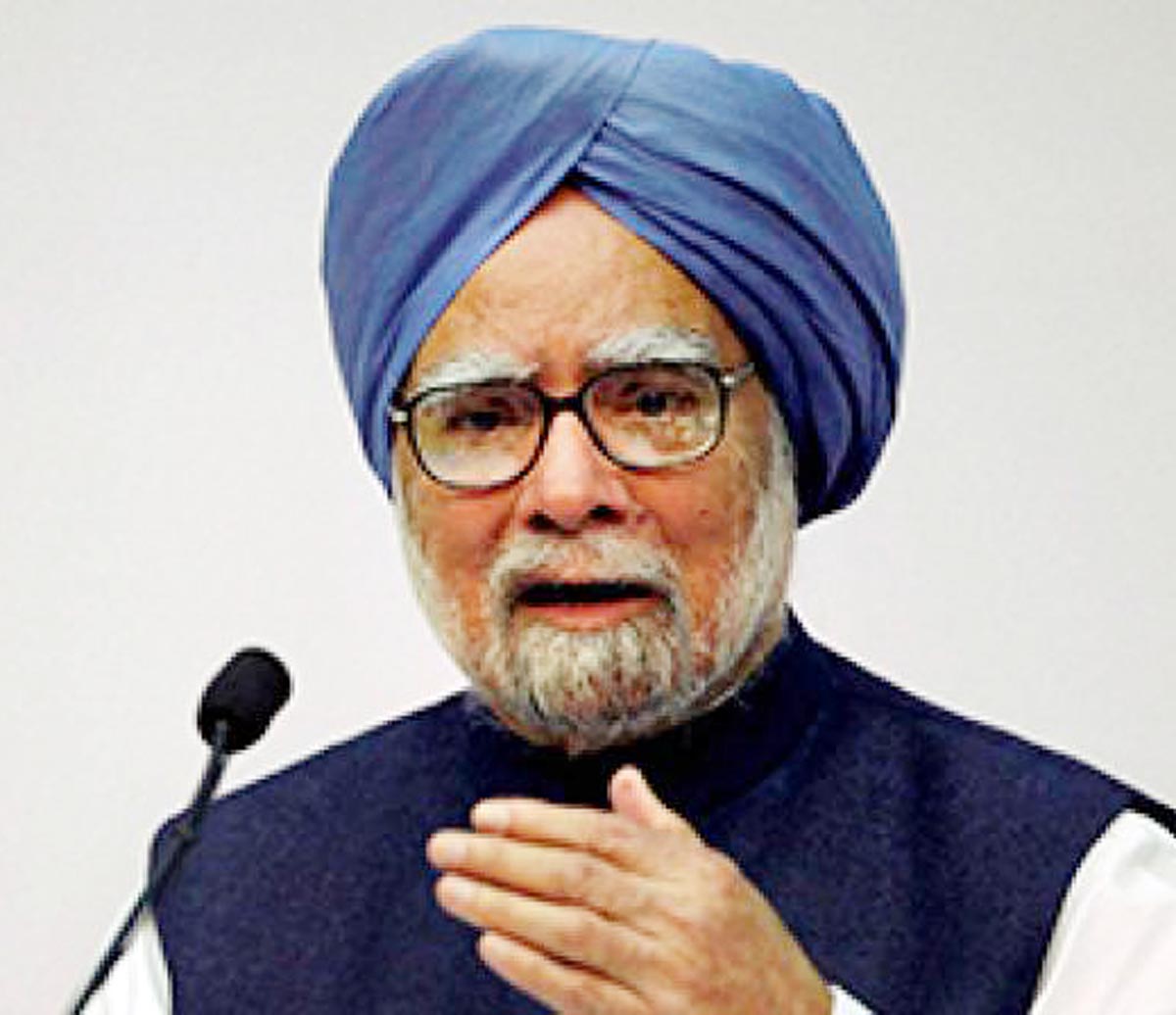NEW DELHI: The most important challenge today is to ensure that the nuclear taboo that has prevented its use since 1945 continues to be preserved, according to former Prime Minitser Manmohan Singh.
This is so because today’s nuclear age is best described as an age of asymmetry — asymmetry in terms of doctrines, arsenals and technology, while the Cold War nuclear order was shaped by the rivalry of two nuclear super powers, the United States and the Soviet Union, their nuclear parity and mutual vulnerability, Dr. Singh said, releasing a new book “Nuclear Order in the 21st Century”.
He said the book could not have come at a more opportune moment because once again, the world is becoming increasingly concerned about growing nuclear risks. “The existing nuclear order is coming under strain, as some of the old arms control agreements are being consigned to history, and at the same time, many countries are modernising their nuclear arsenals with tactical and low yield weapons, increasing the likelihood of their use. The goal of nuclear disarmament seems to be receding,” he said.
“Nuclear deterrence theories, developed to address the US-USSR Cold War rivalry, are being redefined by strategic thinkers in a world grappling with the threats of rising nationalism, extremism and terrorism”.
Dr Singh said just as the political dynamics of the 21st century have changed dramatically compared to the Cold War era, so has the technological arena. Nuclear science and technology has matured over the last seventy years and is easier to access and acquire.
“This generates new proliferation risks and challenges. Moreover, new uncertainties are being created, thanks to developments in Artificial Intelligence, and growing space and cyber vulnerabilities,” Dr Singh said many leaders are concerned that these developments lead to greater unpredictability and compress the time lines for decision making.
“It can lead to unintended escalation, increasing the likelihood of a nuclear strike, something the world has not seen since 1945,” he cautioned. (AGENCIES)
Trending Now
E-Paper


